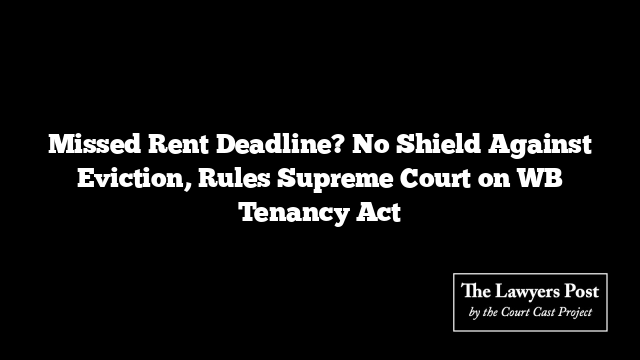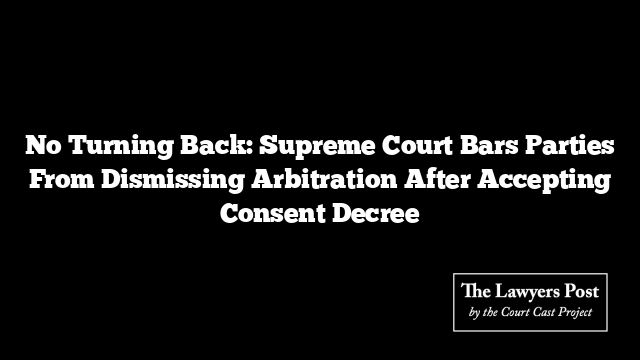The Supreme Court has drawn a hard line on tenant protections under the West Bengal Premises Tenancy Act, 1997. The ruling makes clear: if a tenant fails to deposit admitted rent within 30 days of receiving an eviction summons—and does not file for rent determination in that same window—there is no escape from eviction.
The case arose when a tenant skipped this statutory deadline, later trying to make up for the lapse by filing a delayed application under the Limitation Act. The attempt fell flat. Both the High Court and now the Supreme Court have said the law leaves no room for excuses—timeliness is everything.
The bench of Justices J.K. Maheshwari and Aravind Kumar underlined that Section 7 of the Act creates two strict requirements:
- Deposit the rent you admit to owing.
- File an application for determination of rent—both within 30 days.
Only after meeting these twin conditions can a tenant hope for the Civil Judge’s discretion to extend deadlines. In this case, neither condition was met—the rent wasn’t deposited, and the rent determination application landed 17 days late.
The Court concluded that such lapses automatically trigger Section 7(3): the tenant loses the right to defend against eviction. “Compliance is mandatory,” the judgment declared, adding that the fallback proviso cannot be invoked when the initial obligations are ignored.
The appeal, filed by the Seventh Day Adventist Senior Secondary School, was dismissed—leaving eviction as the inevitable outcome.





